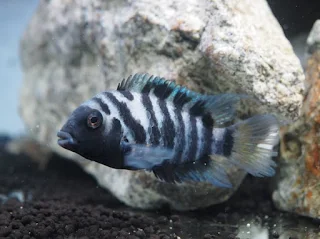
Research into the flower preferences of pollinating moths may have delivered a vital clue to the simple factors needed for the emergence of new species.
With characteristic intellectual honesty, Charles Darwin was always quick to acknowledge difficulties for his theory of evolution by natural selection, one of which he called an 'abominable mystery' in a letter to his close friend, botanist and explorer Dr Joseph Hooker in 1879. He wrote:
The rapid development as far as we can judge of all the higher plants within recent geological times is an abominable mystery... Nothing is more extraordinary in the history of the Vegetable Kingdom, as it seems to me, than the apparently very sudden or abrupt development of the higher plants. I have sometimes speculated whether there did not exist somewhere during long ages an extremely isolated continent perhaps near the South Pole.This 'mystery' had been used by Scottish botanist William Carruthers, keeper of botany at the British Museum, to argue for divine intervention in a 1876 lecture to the Geologists Association.
Now researchers Kelsey J. R. P. Byers and H. D. Bradshaw Jr., working at the Department of Biology, University of Washington, Seattle, WA, USA think they have gone some way to solving this mystery. The press release by the John Innes Centre explains:









































